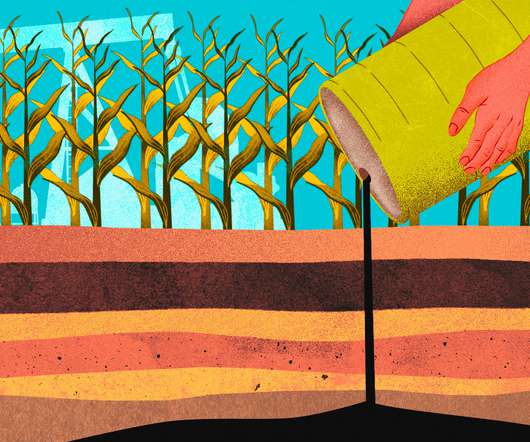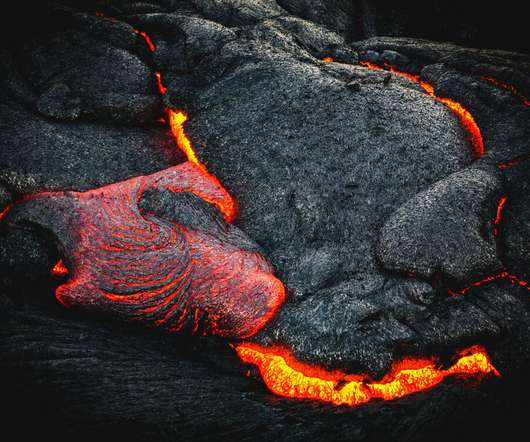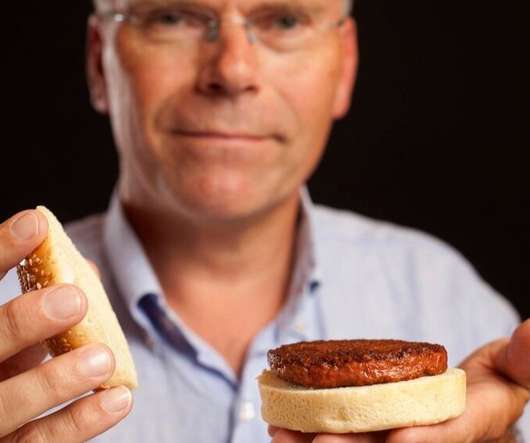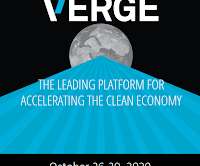Meet the startup producing oil to fight climate change
Grist
MAY 18, 2021
But the process of leaving the lab and entering the real world suddenly lifted the veil on all the economic, regulatory, and logistical challenges the startup had yet to solve. The company would take those almond shells and other types of biomass, convert them into a carbon-rich oil, and inject the oil deep underground.















Let's personalize your content